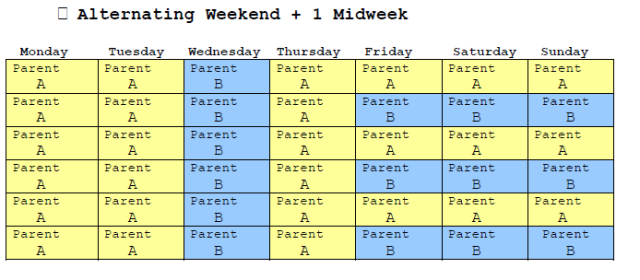Freezing High Conflict Divorce Litigation for the Collaborative Process
I strongly suggest that any person who is in the initial stages of a Florida divorce consider engaging in the collaborative process from the very beginning. This simply means that each spouses hires an attorney solely for the purpose of helping them reach a divorce agreement.
The attorneys are contractually prohibited from wasting time and money on preparing for trial (90% or so of all divorce cases settle, yet millions and millions of dollars are spent each year preparing for a trial that rarely happens). Discussions are held in a private, respectful, and transparent atmosphere, and other professionals are brought in as needed to tend to the parties’ financial and emotional needs.
But some clients are resistant to the collaborative process because of perceived cost issues or they feel they need to have a gunslinger to take out their spouse. And many attorneys will not engage in the collaborative process because litigation work is pretty profitable or they have not invested the time and money in taking an introductory collaborative training.
And so there are plenty of divorce battles going on in the Florida court system. It is not uncommon for those battles to go on for two, three, four, or more years, and for the parties to spend hundreds of thousands of dollars in attorneys’ fees, expert witness fees, deposition fees, document production fees, forensic evaluation fees, court reporter fees, and so on, and feel no closer to a final resolution of their divorce.
But there is something that can be done to change the dynamics.




